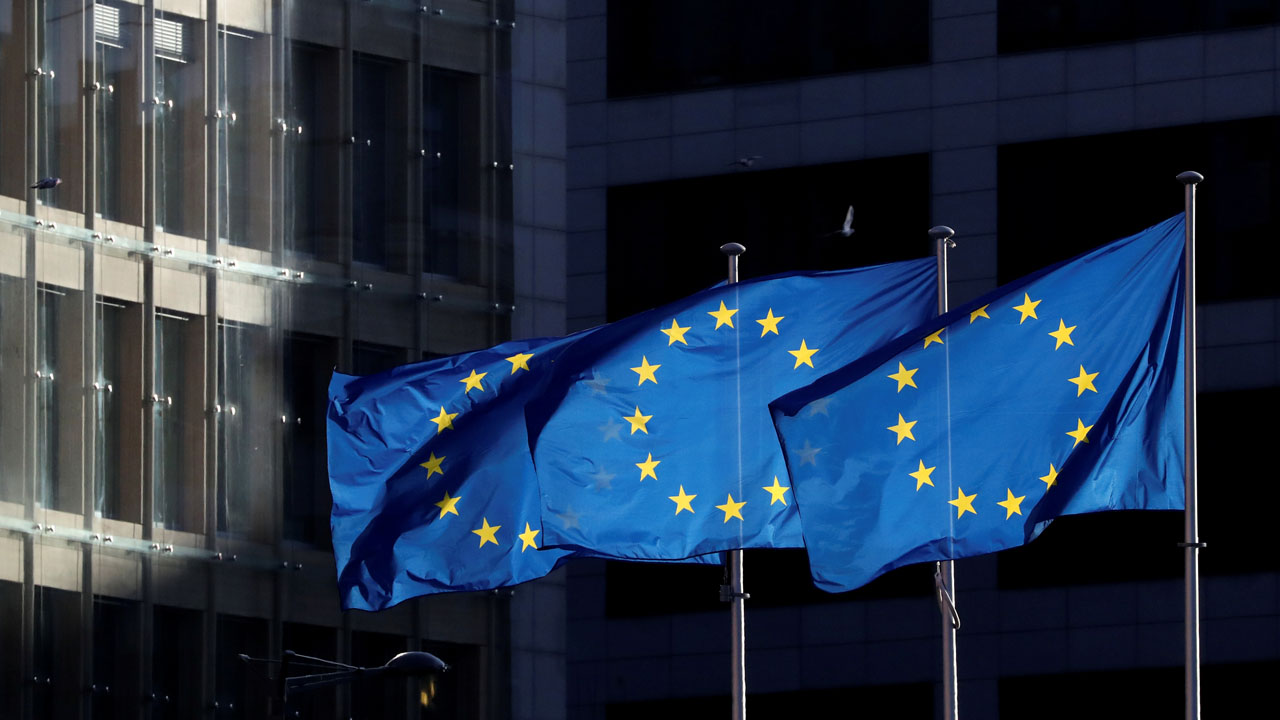 On Tuesday, October 17th, the European Union (EU) added the Seychelles, Antigua, Barbuda, and Belize to its tax haven blacklist. It removed the British Virgin Islands, Costa Rica, and the Marshall Islands. The Government of Belize (GOB) rejected this decision by the EU, referring to it as false and unfair in designating the Jewel as a ‘non-cooperative jurisdiction for tax purposes.’
On Tuesday, October 17th, the European Union (EU) added the Seychelles, Antigua, Barbuda, and Belize to its tax haven blacklist. It removed the British Virgin Islands, Costa Rica, and the Marshall Islands. The Government of Belize (GOB) rejected this decision by the EU, referring to it as false and unfair in designating the Jewel as a ‘non-cooperative jurisdiction for tax purposes.’
The list, approved by EU finance ministers, now adds up to 16 jurisdictions deemed tax havens. The list is reportedly updated twice yearly, and countries listed in it face limited sanctions. Penalties may include exclusion from European aid and development funding. The other 13 countries listed include American Samoa, Anguilla, Bahamas, Fiji, Guam, Palau, Panama, Russia, Samoa, Trinidad and Tobago, Turks and Caicos Islands, US Virgin Islands and Vanuatu.
Belize’s government fired off a statement on Tuesday afternoon pointing out that the EU’s reason for such a decision is because the country was assigned a Partially Compliant rating in a peer review report. This process rated Belize’s compliance with the international standards on the Exchange of Information on Request (EOIR) system published by the Global Forum on Tax Transparency and Exchange of Information (GF) on July 19, 2023. As such, the ratings assigned to jurisdictions by the GF on EOIR are considered automatically by the EU to assess compliance with the criteria set out in this process. As a result, Belize’s listing by the EU is automatic.
GOB views this automatic listing on Annex I as unjust and procedurally unfair. The government added that blacklisting Belize also leads to erroneous conclusions about the country’s commitment to working with its global partners to establish a modern and fair international tax framework.
The government believes including Belize on this unwanted list is disappointing because the EU failed to engage the government. GOB noted that this decision was arbitrary and contrary to past practice by the EU. “If the EU had engaged with Belize, they would have learned of the significant steps Belize has already taken to address the identified deficiencies that led to the PC rating in the EOIR peer review,” the GOB statement read.
The Government also noted that besides listing the Russian Federation, the EU Annex I list only contains small and vulnerable countries like Belize yet fails to include any EU member state that has received a PC rating by the GF. As such, the EU’s listing process lacks the values of shared responsibility, mutual respect, accountability, fairness, and solidarity that underpin Belize’s relations with the EU and its member states.
In defense of the countries on this list, Oxfam, a United Kingdom (UK)-based charity campaigning against poverty worldwide, criticized the list because it did not include nations like the United States or the UK. A representative of this organization, Chiara Putaturo, a tax expert, noted that this listing fails to screen large and developed countries like the ones mentioned, which are considered tax havens. “The EU must deliver on its long-standing promise to reform the list if they are serious about fighting tax havens. Countries allowing companies to essentially pay a zero-tax bill or to hide their real owners must be blacklisted. In addition, the EU cannot afford to turn a blind eye to tax havens within its own borders,” Putaturo said.
The listing system was created in 2017 after several scandals, notably the Panama Papers. These incidents reportedly pressured the seat of the EU in Brussels, Belgium, to clamp down on tax evasion by the wealthy.
Belize had been removed from this list before. Under the administration of former Prime Minister Right Honourable Dean Barrow, Belize was removed from the list of non-cooperative jurisdictions for tax purposes in November 2019. This achievement was possible after the government’s amendment to the International Business Act, along with the promulgation of the Economic Substance Act. These legislations were passed within days in both the House of Representatives and the Senate to meet the requirements of the EU.

Share
Read more

